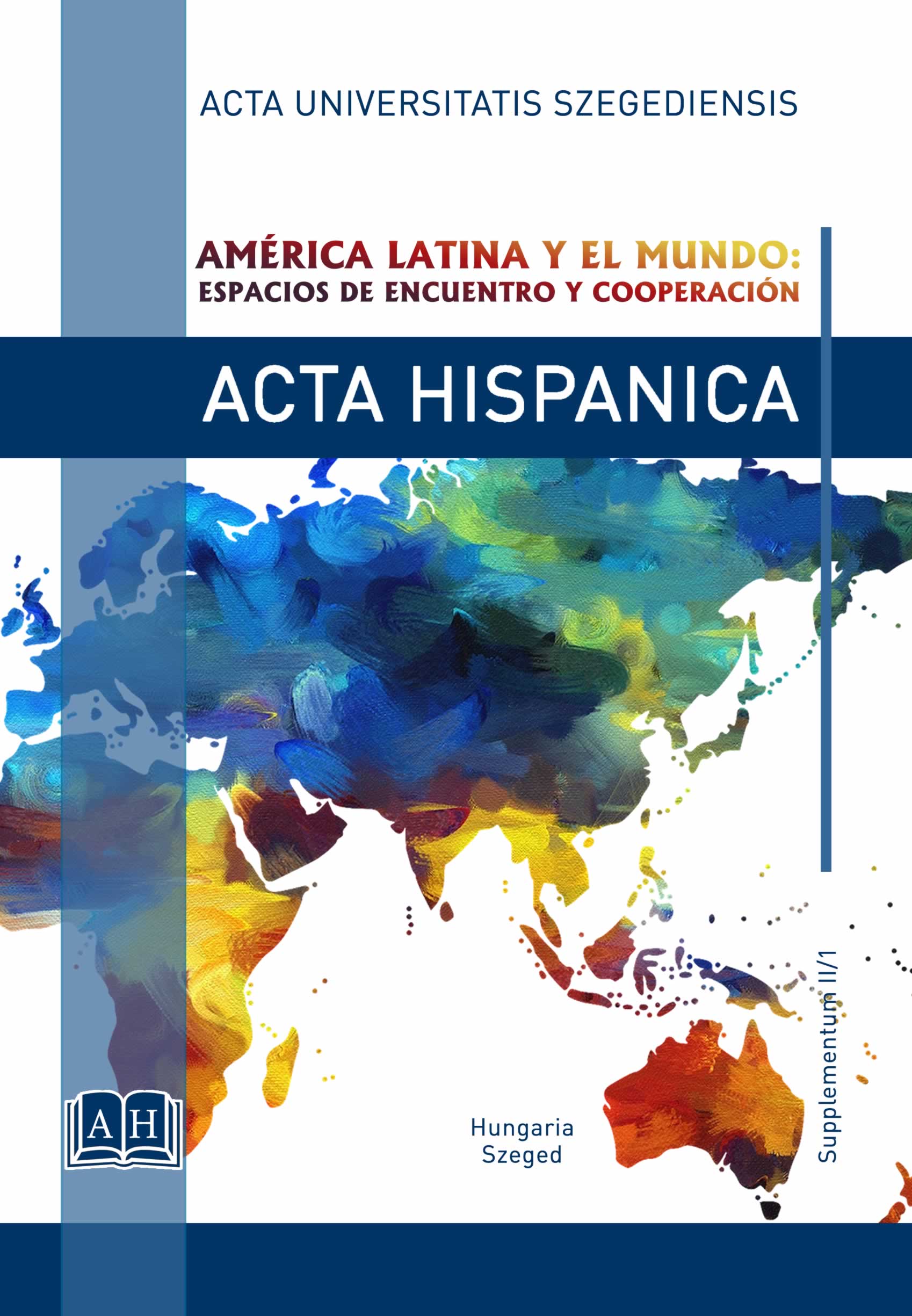The Openness of Amereida. Travesía and Ciudad Abierta as Spaces of Encounters and Collaboration
Main Article Content
Abstract
The objective of the article is Amereida's presentation from the perspective of cultural studies. According to the author, it is a phenomenon that can serve as a model of ambiguous relations in Latin America and Europe, which are closely related to the idea of community and cooperation. Amereida's idea was established in “crossing” (a trip by the group of architects, poets, artists from America and Europe that crossed the American continent in 1965 for its cultural decolonization) and have been carried out since 1970 in “the Open City” (Chile). Amereida although it seems dependent on Western patterns (neologism "Amereida" is a combination of "America" and "Aeneid") is rather an example of modern Latin Americanism. In conclusion Barbaruk postulates the use of other, heterogeneous theoretical tools to describe the Amereida phenomenon: ideas taken from A. Rimbaud (“I is another”), G. Deleuze, F. Guattari (minor literature), M. Bajtín (exotopia), J. Derrida (spectre) or suture concept.
Downloads
Article Details
References
Deleuze, Gilles – Guattari, Félix (1999). Kafka. Por una literatura menor. Trans. Jorge Aguilar Mora. México: Ediciones Era.
Derrida, Jacques (2012). Espectros de Marx. El Estado de la deuda, el trabajo del duelo y la nueva Internacional. Trans. José Miguel Alarcón; Cristina de Peretti. Madrid: Trotta.
Iommi Marini, Godofredo (1999). Godo (entrevista), David Vial (transcripción). Asequible en: https://www.josevial.cl/documex/godo, fecha de consulta: 06-06-2019.
Iommi Marini, Godofredo (1982). Eneida-Amereida. Valparaíso: Escuela de Arquitectura UCV. Asequible en: http://www.memoriachilena.cl/archivos2/pdfs/MC0052571.pdf, fecha de consulta: 06-06-2019.
Mikulski, Tadeusz (1961). Temat Wrocław. Szkice śląskie. Wrocław: Ossolineum.
Nawrocka, Ewa (2010). Opowieści o raju utraconym. Przemiany topiki Raju w hispano-amerykańskiej powieści o selwie. Kraków: Wydawnictwo Uniwersytetu Jagiellońskiego.
Sendyka, Roma (2015). Od kultury „ja” do kultury „siebie”. O zwrotnych formach w projektach tożsamościowych. Kraków: Universitas.





